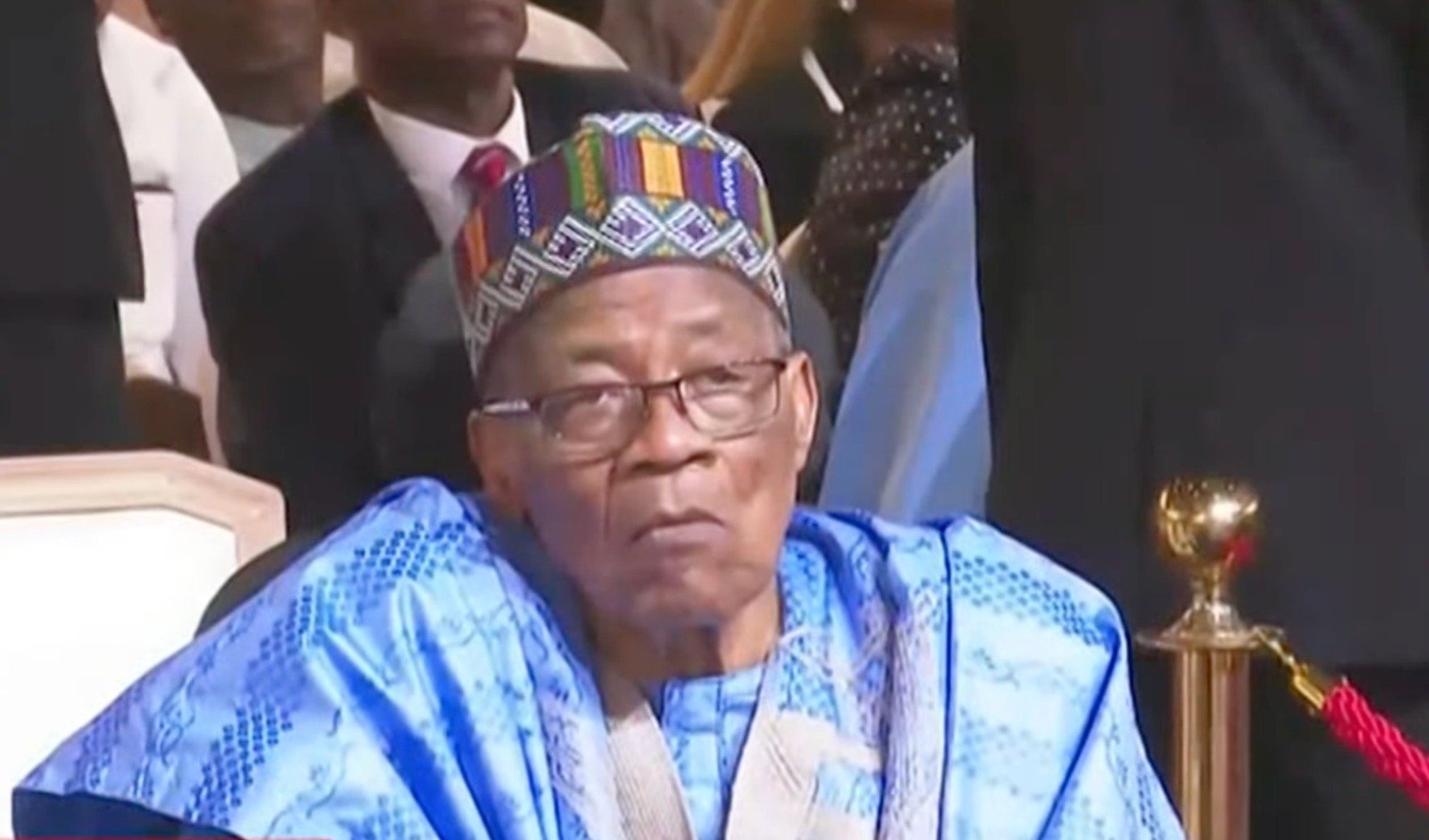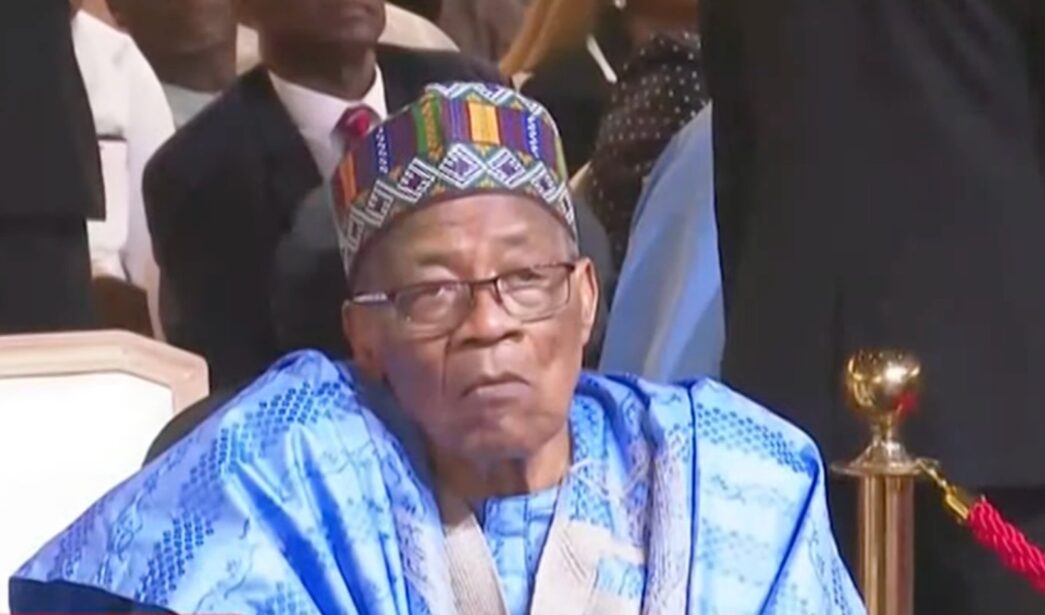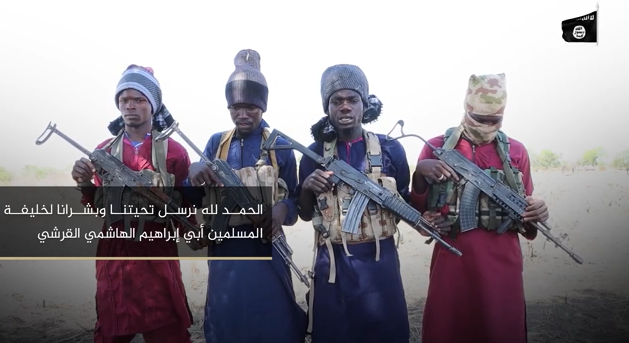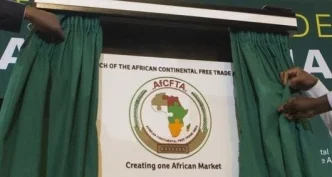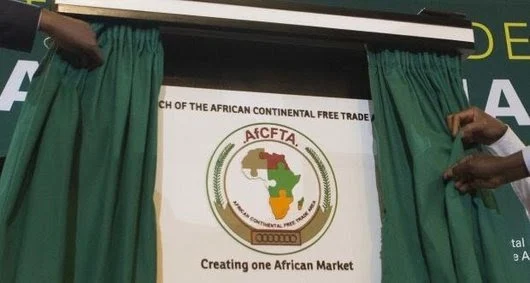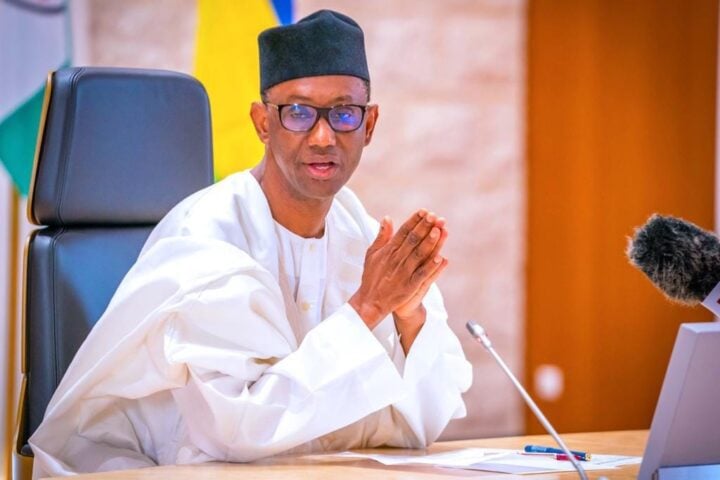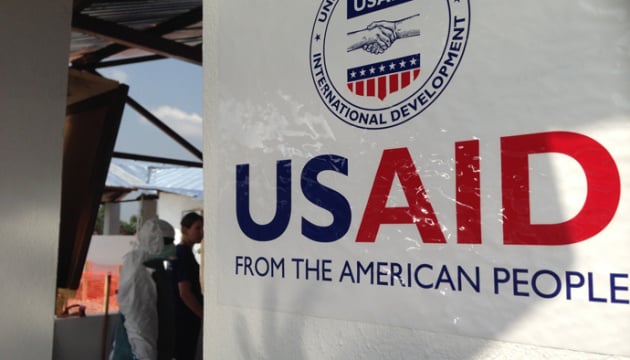Ibrahim Babangida
BY OGUNGBILE EMMANUEL OLUDOTUN
As a good student of history, I did not live through the events of June 12, 1993, but I have studied them with deep curiosity. Growing up, I heard older Nigerians, most especially parents, rant about it in hushed tones, their voices laced with frustration and regret. It was the day democracy was stolen, a day when the will of the people was crushed under the weight of military arrogance.
For years, I have read about the election of MKO Abiola, a man who won the freest and fairest election in Nigeria’s history, only for his victory to be annulled without explanation. I have studied the protests, the betrayals, and the brutal dictatorship that followed. And now, 32 years later, General Ibrahim Badamasi Babangida (IBB), the man behind the annulment, has finally admitted what Nigerians have always known: MKO won that election.
His confession, buried within the pages of his 420-page memoir, A Journey in Service: An Autobiography of Ibrahim Babangida, was revealed at his book launch in Abuja. Former Vice-President Yemi Osinbajo, who reviewed the book, highlighted this shocking admission.
Advertisement
“Although I am on record to have stated after the election that Abiola may not have won… upon further reflection and closer examination of all available facts… there was no doubt that MKO Abiola won the June 12 election,” Babangida wrote.
For many, this is not just a statement, it is a confirmation of a truth that has been deliberately buried for decades. Yet, it raises more questions than it answers. Why now? What does this confession change? And can Nigeria ever truly move past June 12?
June 12 should have been a turning point. It was the day Nigerians, after years of military rule, chose a civilian president. The election was contested between MKO Abiola of the SDP and Bashir Tofa of the NRC. The results were undeniable: Abiola won with 8,128,720 votes, while Tofa polled 5,848,247 votes, securing the constitutional requirement of one-third of votes in 28 states and the Federal Capital Territory (FCT).
Advertisement
International observers hailed the election as transparent and credible. It was meant to be the dawn of a new era. But Babangida had other plans. On June 23, 1993, just as the results were being finalised, he annulled the election without any valid reason. His only justification was that it was done in the “national interest”, a vague phrase that has been used too many times in Nigeria’s history to justify injustice.
The annulment threw Nigeria into chaos. Protests erupted in major cities. Lagos and Ibadan, among others, became battlegrounds of resistance. Nigerians demanded that Abiola be installed as president, but the military responded with violence and repression. Babangida eventually stepped down on August 26, 1993, handing over to a weak interim government led by Ernest Shonekan. That government lasted only three months before General Abacha seized power in a coup, plunging Nigeria into another five years of brutal military dictatorship.
Despite the annulment, Abiola never gave up. On June 11, 1994, he declared himself the rightful president of Nigeria. The next day, he was arrested. For four years, he was held in solitary confinement, denied his mandate, and cut off from the world. On July 7, 1998, one month after Abacha’s sudden death, Abiola died in detention under suspicious circumstances.
Official reports claimed he suffered a heart attack, but to this day, many believe he was poisoned. His wife, Kudirat Abiola, was also assassinated in 1996 for leading protests demanding his release. Their deaths remain among the darkest stains in Nigeria’s history, a tragic reminder of how power crushes even the strongest voices of democracy.
Advertisement
At his book launch, Babangida attempted to justify his actions” “In all matters, we acted in extreme national interest so that Nigeria could survive.” But what “national interest” justified robbing Nigerians of their democratic choice? What “survival” are we talking about? What “national interest” justified plunging Nigeria into five more years of dictatorship? What “national interest” justified the “untimely” death of MKO and Kudirat, and the many who died protesting for democracy? These are questions Babangida will never answer. Because, deep down, even he knows there was no real reason behind his decision.
The book launch was attended by Nigeria’s most powerful figures, the very people who have shaped this country. Incumbent and former presidents, vice presidents, business moguls, and political heavyweights filled the room. It was not just a book launch; it was a gathering of Nigeria’s power elite, a meeting of those who have ruled and benefited from a system that has repeatedly failed the people.
For me, their presence sends a clear message: June 12 was never a defining moment for them. It was merely another chapter in the game of power. The annulment did not haunt them, it was just politics as usual.
Well, in 2018, former President Muhammadu Buhari recognised June 12 as Nigeria’s official Democracy Day and posthumously awarded Abiola the Grand Commander of the Federal Republic (GCFR), a title reserved for Nigerian presidents. This was a symbolic step, but was it enough? The fact remains that Abiola never ruled Nigeria. His death remains a mystery and Babangida is still not telling us the real reason for the annulment.
Advertisement
For those of us born after June 12, 1993, the events may seem distant, yet they remain deeply relevant. The same excuses of “national interest” are still used to defend bad governance. And just like then, justice remains a mirage. Babangida’s confession is too little, too late. It cannot bring back Abiola. It cannot erase the pain of Nigerians who fought and died for democracy. It cannot undo the years of dictatorship that followed. But it does one thing, it forces us to remember.
History is a teacher, and for those of us who did not witness June 12 firsthand, Babangida’s confession should not be a mere footnote. It should be a warning.
Advertisement
Ogungbile Emmanuel Oludotun can be contacted via [email protected]
Advertisement
Views expressed by contributors are strictly personal and not of TheCable.
Add a comment
